Rituals of War: The Body and Violence in Mesopotamia

Summary
Rituals of War is an investigation into the earliest historical records of violence and biopolitics. In Mesopotamia, ancient (ca. 3000-500 BCE) Iraqi rituals of war and images of violence constituted part of the magical technologies of warfare that formed the underlying irrational processes of war. In Rituals of War, Zainab Bahrani weaves together three lines of inquiry into one historical domain of violence: war, the body, and representation. Building on Foucault's argument in Discipline and Punish that the art of punishing must rest on a whole technology of representation, Bahrani investigates the ancient Mesopotamian record to reveal how that culture relied on the portrayal of violence and control as part of the mechanics of warfare. Moreover, she takes up the more recent arguments of Giorgio Agamben on sovereign power and biopolitics to focus on the relationship of power, the body, and violence in Assyro-Babylonian texts and monuments of war. Bahrani analyzes facets of war and sovereign power that fall under the categories of representation and display, the aesthetic, the ritualistic, and the supernatural. Besides the invention of the public monument of war and the rituals of iconoclasm, destruction, and relocation of monuments in war, she investigates formulations of power through the body, narrative displays in battle, the reading of omens before the battle, and historical divination through the body and body parts. Bahrani describes these as the magical technologies of war, the realm of the irrational that enables the ideologies of just war in the distant past as today.Zainab Bahrani is Edith Porada Professor of Ancient Near Eastern Art History and Archaeology at Columbia University. She is the author of The Graven Image: Representation in Babylonia and Assyria and Women of Babylon: Gender and Representation in Mesopotamia.
Similar Books
-
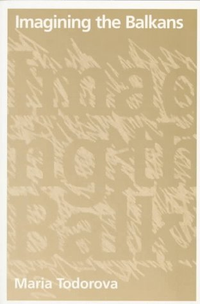 Imagining the Balkans
Imagining the Balkansby Maria N. Todorova
-
 Stendhal: The Red and the Black
Stendhal: The Red and the Blackby Stirling Haig
-
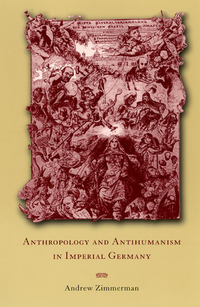 Anthropology and Antihumanism in Imperial Germany
Anthropology and Antihumanism in Imperial Germanyby Andrew Zimmerman
-
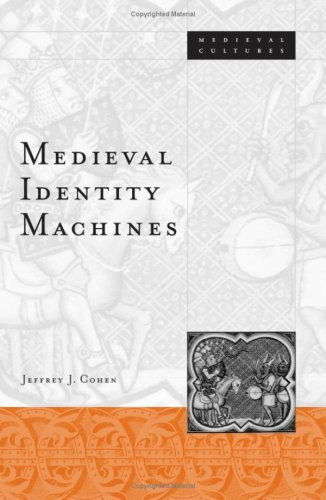 Medieval Identity Machines (Volume 35)
Medieval Identity Machines (Volume 35)by Jeffrey Jerome Cohen
-
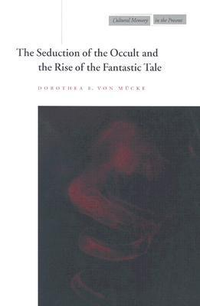 The Seduction of the Occult and the Rise of the Fantastic Tale
The Seduction of the Occult and the Rise of the Fantastic Taleby Dorothea E. Von Mucke
-
 Late-Medieval Prison Writing and the Politics of Autobiography
Late-Medieval Prison Writing and the Politics of Autobiographyby Joanna Summers
-

-
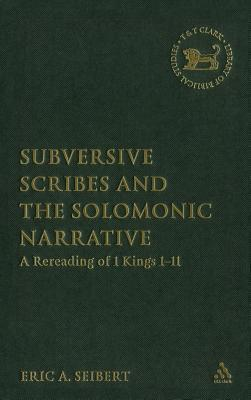 Subversive Scribes and the Solomonic Narrative: A Rereading of 1 Kings 1-11
Subversive Scribes and the Solomonic Narrative: A Rereading of 1 Kings 1-11by Eric A. Seibert
-
 The English Civil Wars in the Literary Imagination
The English Civil Wars in the Literary Imaginationby Claude Summers
-
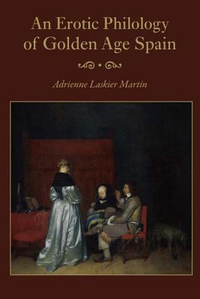 An Erotic Philology of Golden Age Spain
An Erotic Philology of Golden Age Spainby Adrienne Laskier Martin